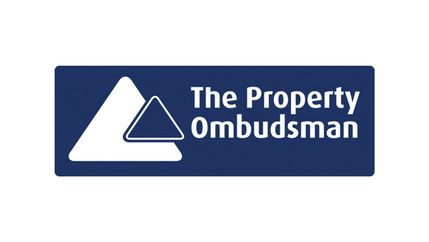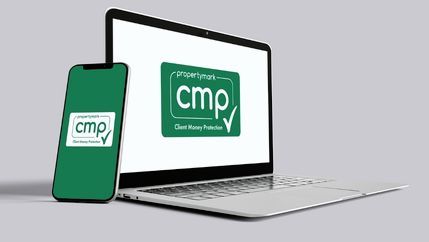How to make a complaint
1. Speak to your agent
As with any complaint, if you are unhappy with a company's service, you should first contact them about the problem. This gives the agent a chance to put the situation right and is the fastest route to getting your complaint solved.
All agencies must provide a complaints procedure for their business by law, ask them for a copy directly if you can not find it on their website.
It's best to put your complaint in writing and you should receive a response within 15 days. Keep copies of any correspondence and ask them to confirm:
- Who is handling your complaint
- What they propose to do to resolve it
- How long it will take to resolve
2. Contact the Independent Redress Scheme
It is a legal requirement for property agents to belong to a Government-approved independent redress scheme. There are two redress schemes to be aware of: The Property Ombudsman (TPO) and Property Redress.
Most agents will display their scheme membership on their website, or they should be able to provide this information when asked. If your complaint has not been resolved by the agent—having been given a reasonable time to do so—then you should contact the redress scheme.
Redress schemes have the authority to ensure that the agent takes action to remedy any problem arising from a complaint. If the redress scheme supports your complaint, they can also impose that the agent grant you compensation.
The Property Ombudsman (TPO)
TPO is a not-for-profit independent company which has been providing consumers with a dispute resolution service since 1990.
Property Redress
Property Redress were authorised by the Government in 2014 to provide an impartial service that considers a variety of complaints about property related issues.
Send your complaint to Propertymark
If neither the agent nor the independent redress scheme has resolved your complaint satisfactorily—and the agent is a Propertymark member—you can escalate the matter to us. We will investigate where there is evidence that the agent has breached our Conduct and Membership Rules.
Is your agent certified and accredited by Propertymark?
What happens next?
With complaints investigated by Propertymark, the next steps depend on whether it proceeds to a disciplinary hearing. Some complaints may be resolved without a hearing, in which case you will be notified of the outcome in writing. If there is sufficient evidence to proceed, a disciplinary hearing will be held before an independent tribunal panel.
Related content
Propertymark Digital CMP Logo
Propertymark's Client Money Protection (CMP) logo has been carefully designed to be more visible, more understandable, and more effective at communicating the security that CMP provides. You must belong to Propertymark's CMP scheme to download the logo.
Professional standards
We promote higher professional standards and the law demands. Propertymark members voluntarily commit to providing exceptional service and to ensure they are at the forefront of the industry.
Property logos explained
Logos displayed in branch windows and on websites represent various schemes which that particular agent belongs to. Some schemes are a legal requirement and others are voluntary, so what do they actually mean?





